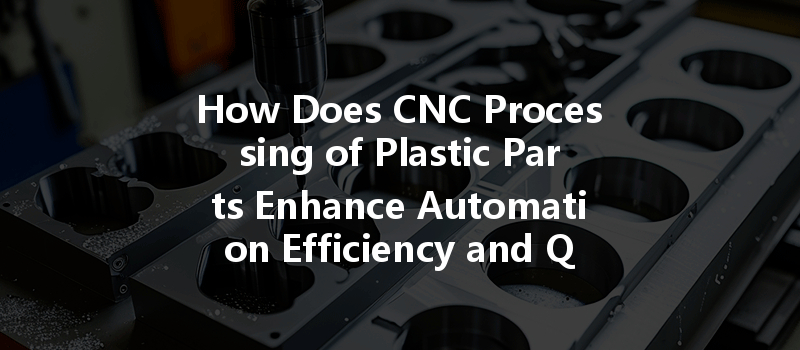At YL Machining, we recognize the pivotal role that CNC (Computer Numerical Control) processing plays in modern manufacturing, particularly when it comes to plastic parts. As industries evolve, the demand for efficient automation solutions and consistent quality has never been greater. Below, we explore how CNC processing meets these needs while addressing key factors that enhance both automation efficiency and long-term quality stability.
The Efficiency of CNC Processing
CNC processing boasts numerous advantages that enhance manufacturing efficiency:
Automation Solutions
CNC technology integrates seamlessly with automation systems, providing enhanced operational efficiency in several critical aspects:

Ensuring Long-Term Quality Stability
To maintain quality in mass production, several strategies come into play:
CNC processing of plastic parts at YL Machining exemplifies how advanced automation technologies can yield efficient production while maintaining quality stability. With precision engineering, rapid production speeds, and effective quality control systems, our CNC solutions are designed to meet the rigorous demands of modern manufacturing. By embracing these technologies, businesses can achieve both operational excellence and durable partnerships in their supply chains, making CNC machining an indispensable asset in today’s competitive landscape.

